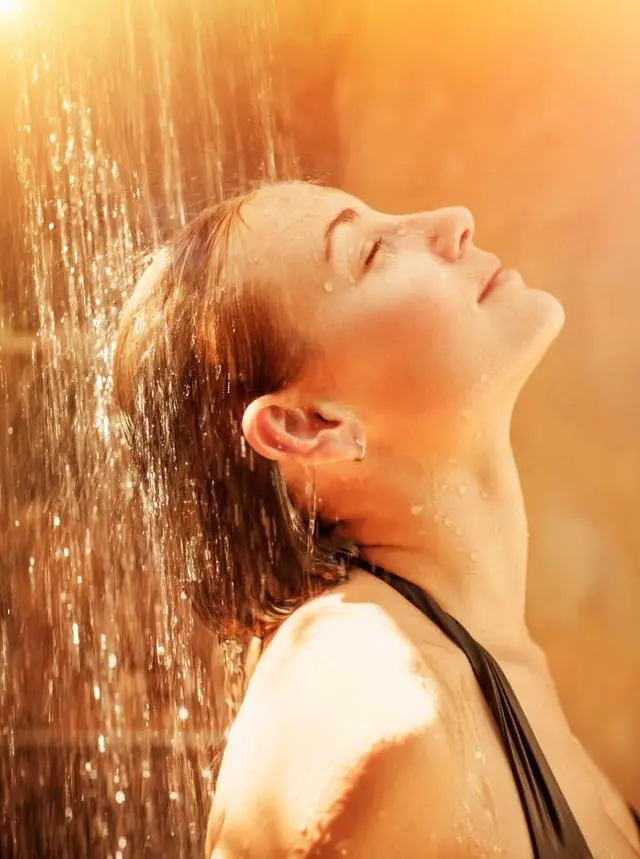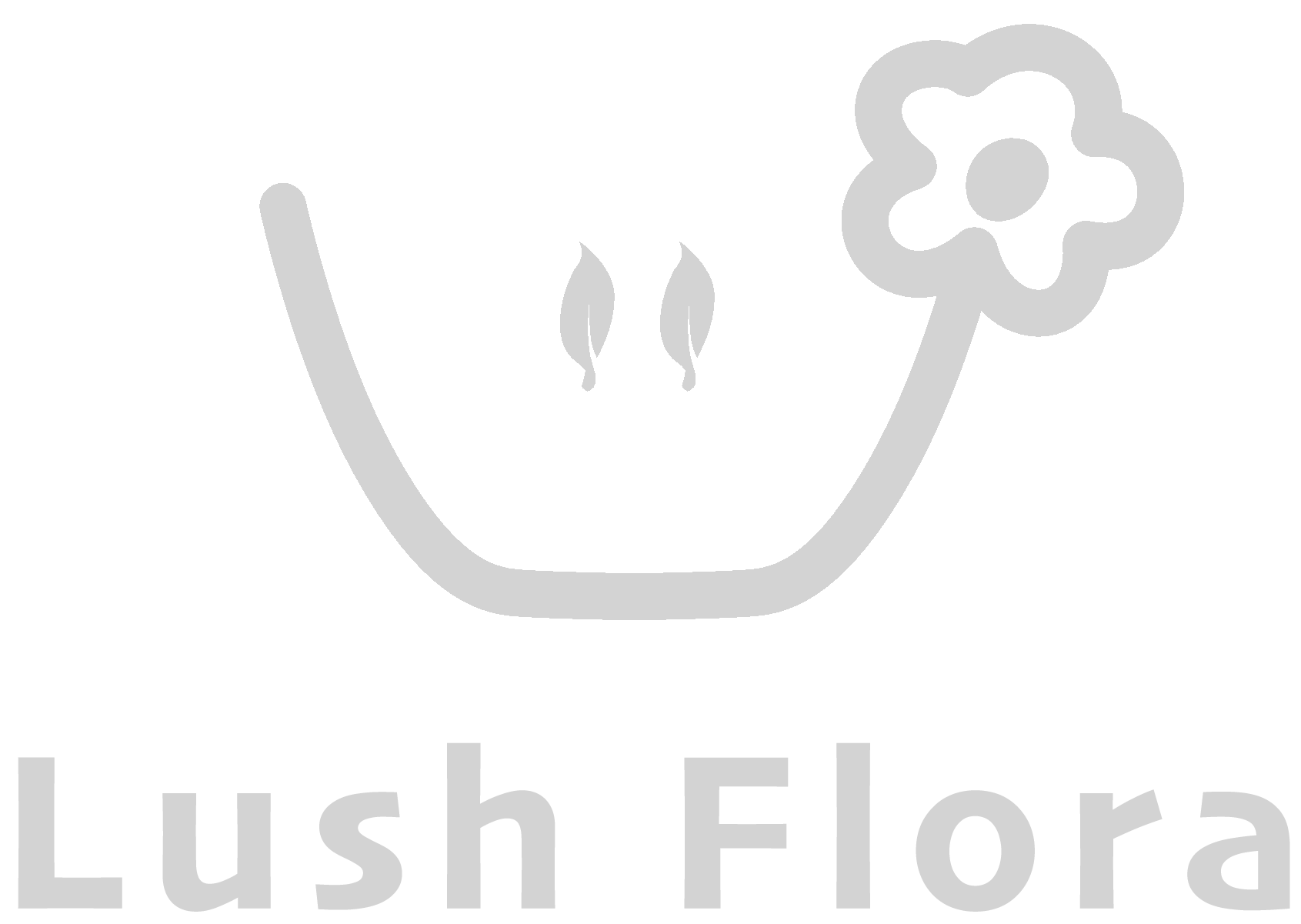Wash your face first, then shower, and wash your hair last. Friends, don’t make the mistake of washing in the wrong order~ Follow the correct shower sequence, and your skin will feel better and better!

✅Correct Shower Sequence
Hydrate in Advance
Drink a glass of water 30 minutes before showering. This helps replenish the moisture that may be lost during the shower and prevents dehydration.
Wash Your Face First
Use lukewarm water (about 37°C) to wash your face, avoiding water that’s too hot to prevent pores from over-expanding and reduce the chance of dirt entering the pores.
Clean Your Body
Use a mild body wash or soap, paired with a soft bath sponge or loofah to gently clean your body. Focus on areas that sweat more or produce excess oils, such as your back, chest, and neck. Avoid scrubbing too hard to prevent damaging the skin’s surface, which could lead to dryness or sensitivity.
Wash Your Hair
Lather shampoo in your palms before evenly applying it to your hair. Gently massage your scalp with your fingertips, avoiding using your nails. When applying conditioner, avoid touching your scalp and focus on the ends of your hair to reduce oil buildup on your scalp.
Use Body Wash
Use body wash as the last step of your shower to ensure any leftover shampoo and dirt are fully rinsed off. Choose a gentle body wash suitable for your skin type to avoid dryness.

Hydrate After Your Shower
After showering, immediately drink a cup of tea to replenish your body’s moisture and provide enough hydration for your skin, preventing it from drying out. If possible, drink Five Red Tea, which is rich in natural antioxidants and can help boost your immunity, keeping fatigue and sub-health at bay.
Adjust the Water Temperature
In summer, the water temperature should be kept between 35–40°C to avoid discomfort caused by water that’s too hot, such as chest tightness, shortness of breath, palpitations, or dizziness. Also, limit shower time to 10–15 minutes and soaking time to about 20 minutes to prevent excessive cleaning, which can damage the skin barrier and increase skin sensitivity.
Control the Scrubbing Pressure
Avoid scrubbing your skin too harshly during your shower. The outer layer of your skin has a protective lipid layer that prevents dust and bacteria from entering. Over-scrubbing can damage this protective layer, reducing your skin’s natural defense.
Dry Your Hair Before Sleeping
After showering, make sure your hair is completely dry before going to bed. Sleeping with wet hair can lead to headaches, dizziness, and fatigue. Always dry your hair before bed and avoid going out until your hair is fully dry to protect your hair quality.



